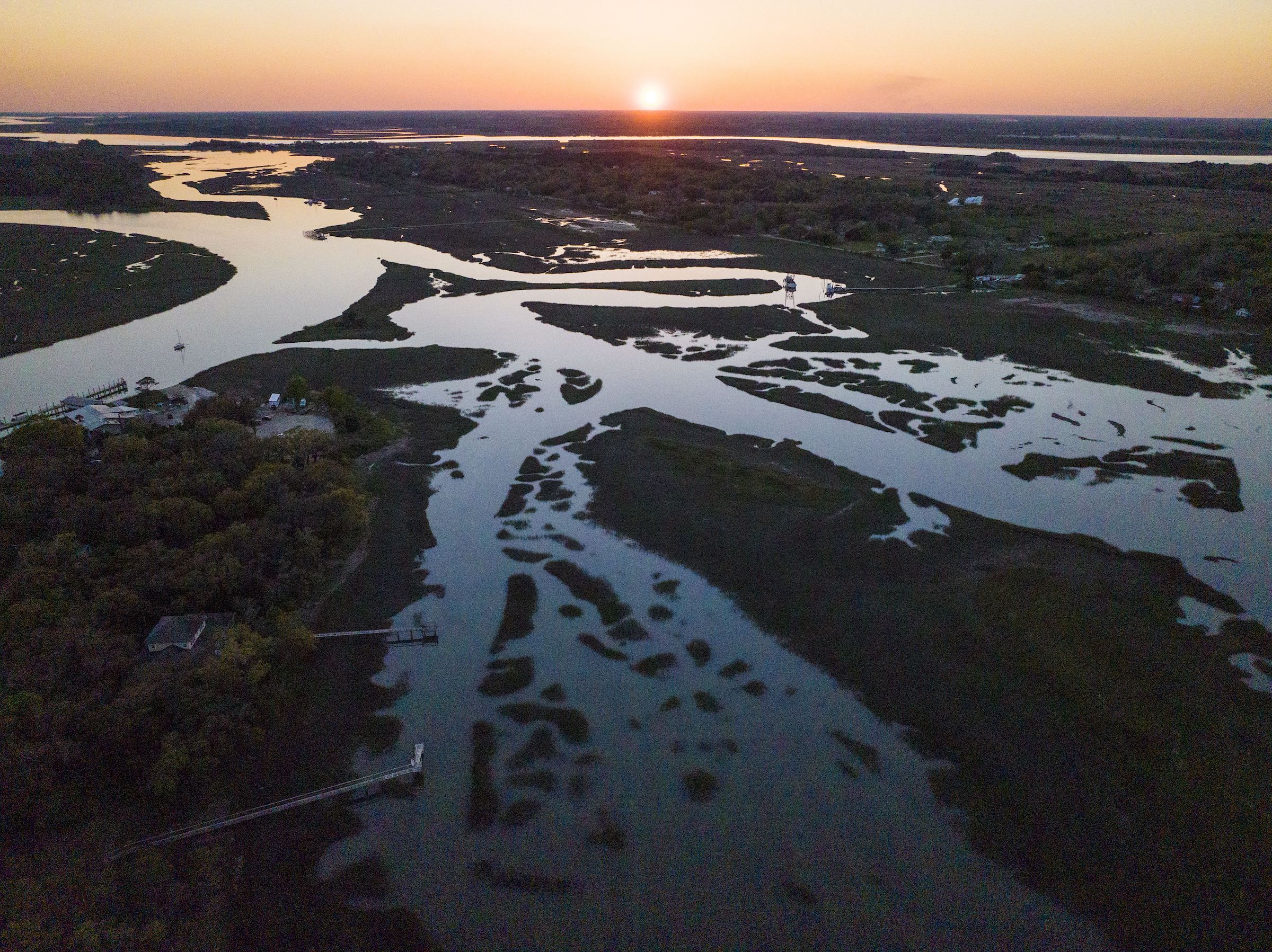The Supreme Court issued a ruling on Thursday that severely curtails the Environmental Protection Agency’s (EPA) ability to regulate water pollution in the latest of the far right justices’ crusade against environmental regulations.
In a 5-4 decision, with the three liberal justices and Brett Kavanaugh disagreeing, the Court ruled that the EPA’s jurisdiction over protecting the “waters of the United States” — which is subject to regulation under the Clean Water Act — has been too wide.
Environmental advocates, legal experts and the EPA have held that the agency can protect both “navigable waters” like lakes and rivers, and bodies of water like marshes, bogs, and other wetlands under the Clean Water Act. But writing for the majority, Justice Samuel Alito wrote that the “waters of the United States,” or WOTUS, are limited to wetlands with “a continuous surface connection” to large bodies of water.
This is an extreme decision that will exclude tens of millions of acres of wetlands from EPA protection from pollution, affecting roughly half of the country’s wetlands. Earthjustice senior vice president of programs Sam Sankar said that it will pose an “existential threat from polluters and developers” to wetlands that have long been protected from pollution.
Even far right Kavanaugh acknowledged the extremism of the new definition in a separate opinion, which was joined by Justices Elena Kagan, Sonia Sotomayor, and Ketanji Brown Jackson. The majority decision “departs from the statutory text, from 45 years of consistent agency practice, and from this Court’s precedents,” Kavanaugh wrote.
...


ahhhhh :' (